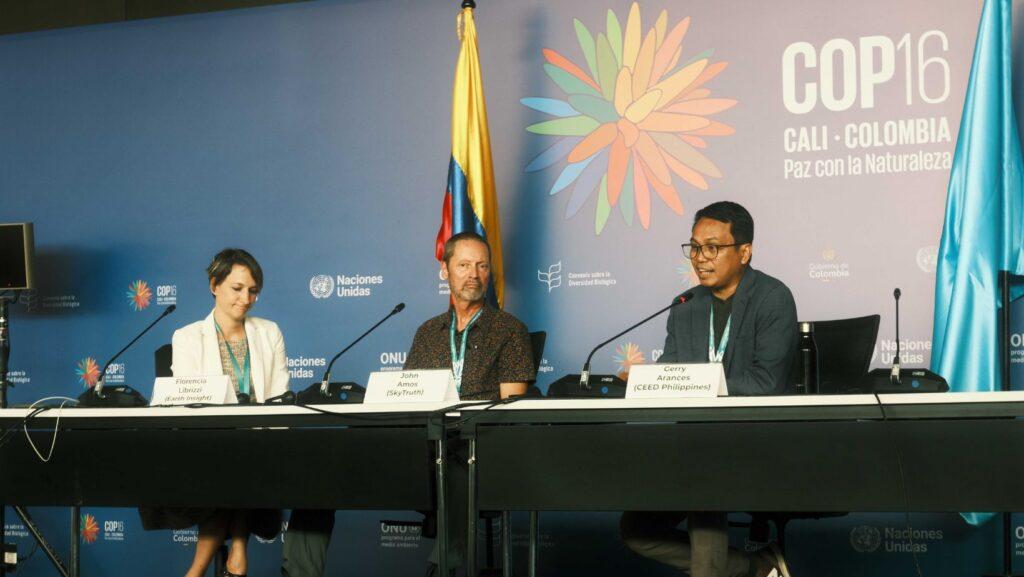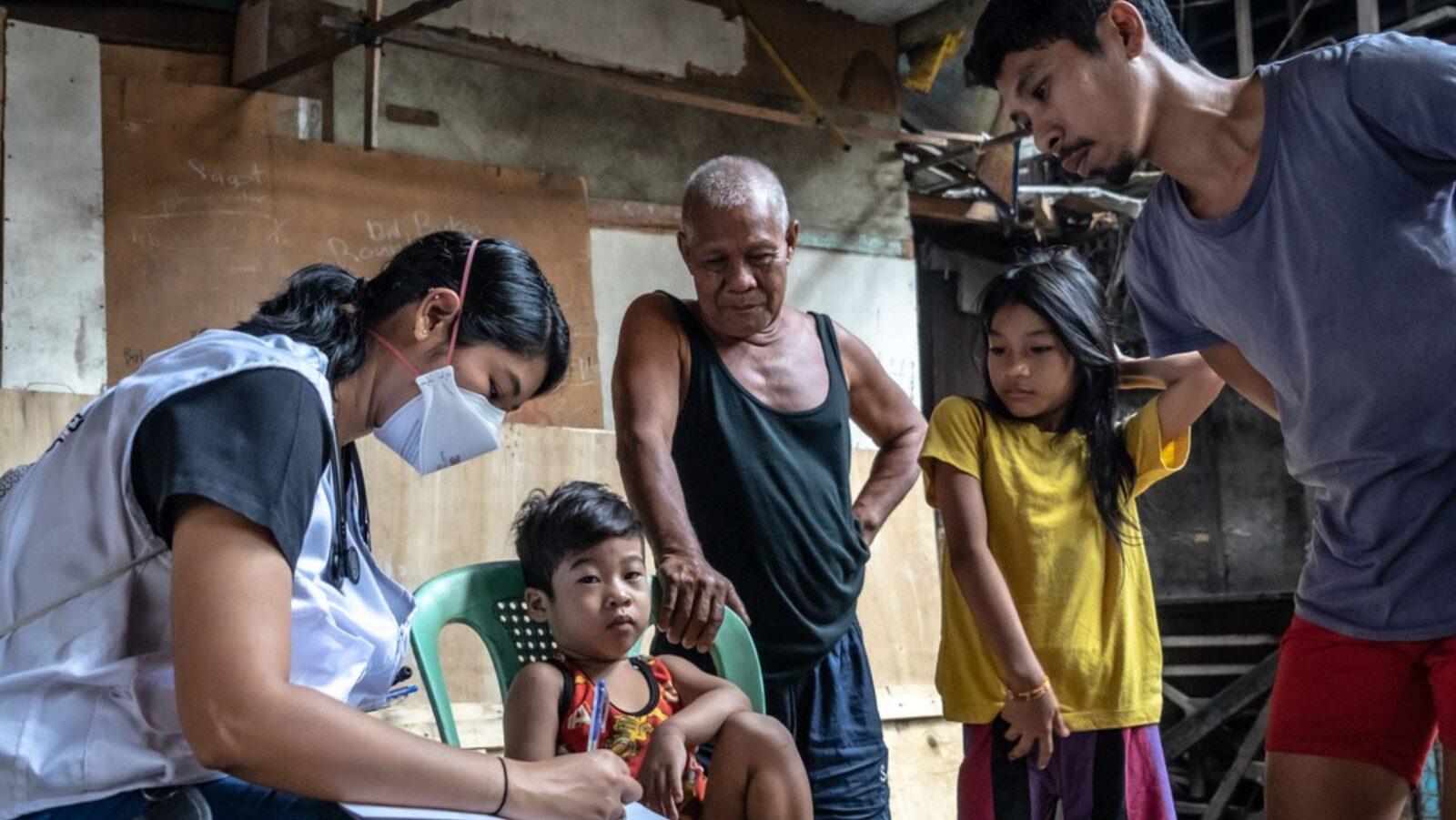
(Cali, Colombia) The Center for Energy, Ecology, and Development (CEED) brought the call to stop the pressing threat of fossil fuel expansion in the Verde Island Passage (VIP) at the United Nations Biodiversity Conference (CBD COP16) in Cali, Colombia.
In an event at the #ForCoral Pavilion at COP16, CEED together with other environmental experts raised alarm over threats faced by the marine corridor’s globally significant biodiversity. Batangas province, one of the provinces encompassing the VIP, is the epicenter of fossil gas expansion in the Philippines. It houses five gas power plants and two new import terminals. Meanwhile, 10 new gas power plants and three new LNG terminals are still being proposed.
“The expansion of fossil fuels harms the rich marine life and livelihoods in the Verde Island Passage and the whole Coral Triangle. Coastal communities are rallying against this destructive expansion, especially since we have abundant renewable sources,” said Gerry Arances, Executive Director of CEED.
The event also featured the launch of a new report assessing oil and gas threats in the Coral Triangle, published by Earth Insight, SkyTruth, and Say No to LNG.
“The planned development would increase marine traffic around the Verde Island Passage, one of the most biodiverse places in the Coral Triangle,” the report read. It noted that Southeast Asian countries have invested heavily in liquefied natural gas (LNG), which poses significant threats to marine biodiversity, particularly in the Coral Triangle.
LNG is primarily composed of methane gas, a powerful greenhouse gas with a warming potential approximately 80 times greater than that of carbon dioxide. Unburned methane from LNG-fueled ships can leak into the atmosphere through engine leaks or plumes released during cargo loading or unloading at ports.
CBD COP16 is the first session of the biodiversity conference since the adoption of the Global Biodiversity Framework, dubbed the Paris Agreement for nature. Governments are checking how well the framework has been put into action. CEED and other experts raised concern that neither climate nor biodiversity goals can be achieved if fossil fuel-related threats are not addressed in these spaces.
“Gas is not a transition fuel for many Southeast Asian economies…In this space, it is essential to highlight the implications of fossil gas and oil for marine protection, and the harmonization between our climate goals and the protection and preservation of biodiversity, especially key biodiversity areas such as Verde Island Passage,” said Arances.
The launch event at COP16 features presentations from experts from Earth Insight, SkyTruth, CEED, and Say No to LNG, who discuss the report’s findings and propose solutions to address the threats facing the Coral Triangle. A deep dive followed, exploring threats to the Verde Island Passage and community-led opposition. The event also includes a screening of a documentary highlighting the beauty and importance of this marine corridor.
The livestream is available for viewing here.—Press release via CEED/MF






